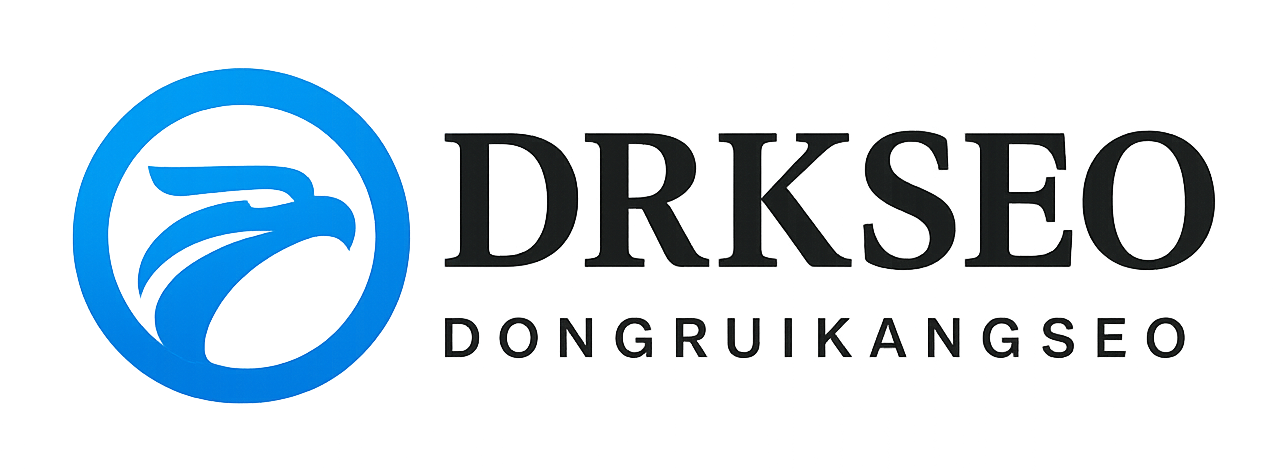Google Premier Partner
If you're considering how to improve your website's organic rankings on Google or struggling to choose a CMS that is more SEO-friendly, WordPress might be the platform worth your attention. As the most widely used content management system (CMS) in the world, WordPress is not only user-friendly but also designed from the ground up to be search engine friendly.
Clear Structure, Search Engine-Friendly Code
WordPress’s default code structure follows W3C standards, meaning its layout, tag hierarchy, and logic are standardized, allowing search engine crawlers to efficiently crawl and understand the content. For Google, a well-structured page means it’s easier to interpret the topic, and therefore, determine whether it qualifies to rank for specific keywords.
Moreover, WordPress has a mature ecosystem of themes and plugins. Most popular themes are SEO-optimized with well-structured HTML5, Schema markup, and responsive design.
Highly Customizable URLs for Better Keyword Placement
URLs are a critical part of SEO. WordPress allows users to fully customize permalink structures, such as /keyword/ or /category/post-name/, which is particularly important for keyword strategy. Compared to many custom CMSs or closed platforms, WordPress offers flexible and efficient URL control to create SEO-intended page paths.
Powerful SEO Plugin Ecosystem for Easy Page Optimization
One of WordPress's greatest strengths is its plugin system. Among the most popular SEO plugins are:
- Yoast SEO: User-friendly with comprehensive features, supports title, description, breadcrumb, sitemap, and more.
- Rank Math: Lightweight with built-in Schema generator and auto-detection features, suitable for advanced users.
- All in One SEO: Great for users with in-depth SEO needs, supports WooCommerce, image SEO, and more.
With these plugins, users can implement meta tags, keyword suggestions, sitemap submissions, 404 monitoring, and more—without needing to write code.
Schema Markup Support to Enhance Search Result Appearance
Structured data (Schema) allows your pages to show rich media in search results such as ratings, FAQs, and author info, boosting click-through rates (CTR). WordPress plugins like Rank Math and Schema Pro can automatically add standard Schema markup to your articles, product pages, and reviews, enhancing your visibility in SERPs.
Excellent Mobile Experience Aligned with Core Web Vitals
Google has made it clear that “page experience” is a ranking factor, especially on mobile devices. WordPress offers numerous responsive themes that automatically adapt to phones and tablets. It also supports AMP acceleration, lazy image loading, CSS/JS compression, and other optimization techniques. When combined with caching plugins like WP Rocket or LiteSpeed Cache, it significantly improves speed and user experience.
Strong Content Management, Ideal for Content-Driven SEO
WordPress was originally designed for blogging, so its content publishing logic aligns well with SEO practices: categories, tags, internal linking, media libraries, and comment systems—all essential features for content sites, news portals, and educational platforms.
You can easily assign keywords to each post, link to related content, and create category aggregations, forming a content network within your site to enhance both crawler efficiency and user engagement.
Frequent Updates and Robust Community Support for Security and Sustainability
SEO is a long-term effort, and ongoing platform updates are vital. WordPress has a massive developer community that frequently updates the core system and plugins, addressing security issues quickly. Plus, if you encounter a problem, chances are someone in the community, forums, or tutorials has already solved it.
Suitable for All Website Types, from Personal Blogs to Corporate Sites
Whether you're working on niche content, product promotions, service descriptions, or localized business, WordPress allows you to build websites tailored to your goals through various themes and plugins. The addition of SEO plugins makes your site search engine-ready from day one.
In Conclusion: WordPress is Not Just a Website Builder, It's the Ideal Battlefield for SEO
Choosing WordPress is more than picking a CMS—it's about laying a solid technical foundation for your SEO strategy. Its flexibility, scalability, and search engine friendliness go far beyond ordinary CMS platforms, turning SEO into a natural result of your site's growth.

Our Address
Nanshan District, Shenzhen City, Guangdong Province

Our Telephone
Telephone: 0755-8888 5200

Our Working Hours
Monday to Saturday: 8:00am - 9:00pm
Sunday: Rest

Silicon Valley Certification SEO Strategic Partner
We are a technical team that uses search algorithms to leverage business growth, focusing on providing quantifiable search engine experience optimization solutions for large-scale enterprises.
